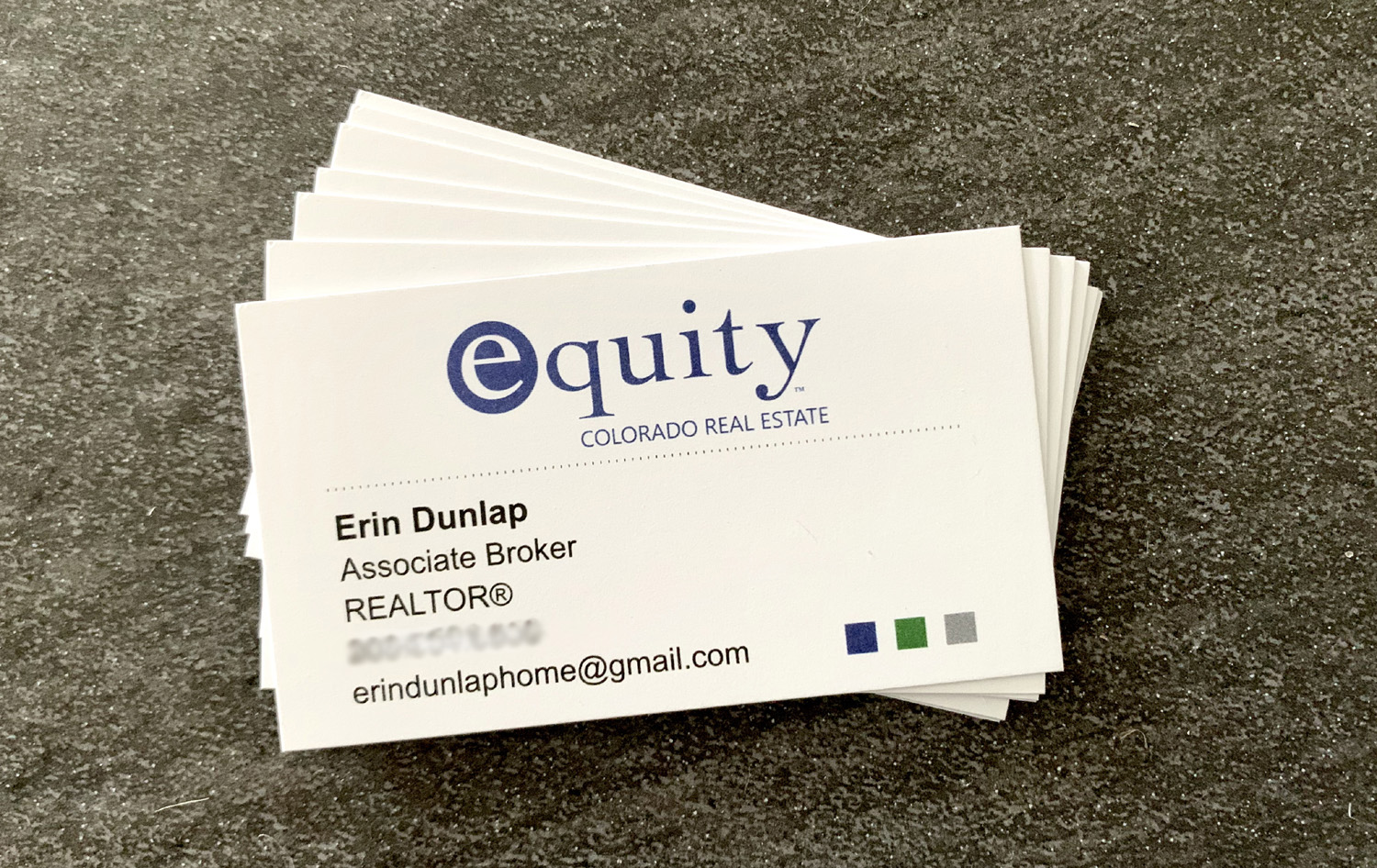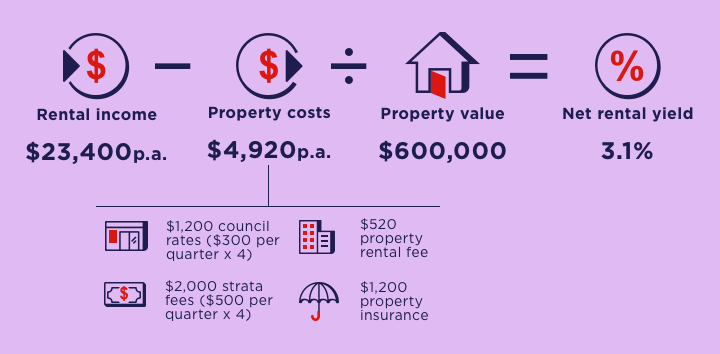
Minnesota requires you to meet certain criteria before you can receive a license as a real estate agent. Minnesota Commerce Department works to ensure real estate agents have the necessary qualifications and are able to work in the State. The requirements for real estate agents include having to be at the least 18 years of age, being U.S. citizens and lawfully admitted aliens. Citizenship is generally not an issue for most users, but you can be denied a license if you have any criminal history, unpaid judgments, or disciplinary actions against your professional license. An unlicensed activity in real estate is another reason not to be granted a license.
Pre-license education
Pre-license education in Minnesota is an essential part of becoming a licensed agent. It can increase your chances to pass the exam and prevent you from having to retake it. In Minnesota, it takes four months to become licensed as a real estate agent. It takes four months to become licensed as a real estate agent in Minnesota.
An excellent way to begin your education in Minnesota for your real-estate license is to take an online pre-license course. Three courses lasting 30 hours can be completed to help you obtain your license. These courses will cover topics such real estate principles and valuation, contracts, financing, among others. The course can also be completed online via ContinuingEd Express. They offer both live streaming and online courses.

Continuing education requirements
Real estate salespersons in Minnesota must complete at least fifteen hours of continuing education each year. Over a two-year period, that's 30 hours. You have many options to fulfill the real estate CE requirements, including live classes and on-demand webinars. Kaplan offers on-demand as well as live courses to meet state continuing education requirements. Kaplan's online courses have been approved for 3.75 hour real estate CE.
The Minnesota Real Estate Commission has adopted a new system for real estate CE credit. This means real estate licensees have to complete at most eight hours of continuing training in a single day. But no more than 15 hours per 24-hour period. Minnesota's continuing-education requirements for brokers and salespeople require that they complete a prelicensing CE module. These courses give 3.75 hours of CE credit. They must also be completed by June 30, 2022. If you are unable to attend a live instructor's course, you can take it online via the MNR Academy site. Many courses can be done online, but some live-streamed. Exam prep courses cover the state and national parts of the Minnesota licensing exams.
Exam
Minnesota requires that you pass an exam to obtain a license to sell real estate. This process helps protect the public by ensuring that the individual possesses a certain level of competence. The state regulatory agency sets a standard for safe practice, and the examination is designed to verify whether an individual complies with that standard. The Minnesota real estate licensing examination is administered by Pearson VUE.
Minnesota requires applicants for real estate licenses to have taken a prelicense course and passed a state exam. The state requires that applicants are at least 18 years of age and a legal permanent resident of the United States. Minnesota has reciprocity agreement with several states, including Wisconsin. If you are a licensed agent in a reciprocal state, you do not have to complete a prelicensing course in Minnesota. Apply through the PULSE Portal, and you will receive a letter certifying that your license is current. Then, you can take the state portion of exam. In Wisconsin, however, you must take a 13-hour Wisconsin-to-Minneseta prelicensing course.

Cost
The first step in becoming a real estate agent in Minnesota is to obtain a real estate license. The entire process can be completed online except for the actual exam that must be taken in-person. This article will explain the process in detail, including what it will cost and how long it takes. We will also provide some resources and information about exam content.
Minnesota requires that real estate agents must complete at minimum 90 hours of prelicensing education. These can be obtained online or through classroom courses. Online on-demand courses are the most affordable. A package that includes three courses typically costs $200 to $300.
FAQ
What are the three most important things to consider when purchasing a house
The three main factors in any home purchase are location, price, size. It refers specifically to where you wish to live. Price refers to what you're willing to pay for the property. Size is the amount of space you require.
What can I do to fix my roof?
Roofs may leak from improper maintenance, age, and weather. Repairs and replacements of minor nature can be made by roofing contractors. Get in touch with us to learn more.
What should you look for in an agent who is a mortgage lender?
People who aren't eligible for traditional mortgages can be helped by a mortgage broker. They work with a variety of lenders to find the best deal. There are some brokers that charge a fee to provide this service. Others offer free services.
Can I get a second mortgage?
Yes. However it is best to seek the advice of a professional to determine if you should apply. A second mortgage is used to consolidate or fund home improvements.
What should I consider when investing my money in real estate
The first thing to do is ensure you have enough money to invest in real estate. You will need to borrow money from a bank if you don’t have enough cash. You also need to ensure you are not going into debt because you cannot afford to pay back what you owe if you default on the loan.
You should also know how much you are allowed to spend each month on investment properties. This amount must cover all expenses related to owning the property, including mortgage payments, taxes, insurance, and maintenance costs.
Finally, ensure the safety of your area before you buy an investment property. It is best to live elsewhere while you look at properties.
Is it possible for a house to be sold quickly?
It might be possible to sell your house quickly, if your goal is to move out within the next few month. But there are some important things you need to know before selling your house. First, find a buyer for your house and then negotiate a contract. Second, you need to prepare your house for sale. Third, advertise your property. Finally, you should accept any offers made to your property.
Statistics
- This means that all of your housing-related expenses each month do not exceed 43% of your monthly income. (fortunebuilders.com)
- Some experts hypothesize that rates will hit five percent by the second half of 2018, but there has been no official confirmation one way or the other. (fortunebuilders.com)
- 10 years ago, homeownership was nearly 70%. (fortunebuilders.com)
- It's possible to get approved for an FHA loan with a credit score as low as 580 and a down payment of 3.5% or a credit score as low as 500 and a 10% down payment.5 Specialty mortgage loans are loans that don't fit into the conventional or FHA loan categories. (investopedia.com)
- The FHA sets its desirable debt-to-income ratio at 43%. (fortunebuilders.com)
External Links
How To
How to Manage a Rental Property
You can rent out your home to make extra cash, but you need to be careful. We'll show you what to consider when deciding whether to rent your home and give you tips on managing a rental property.
Here's how to rent your home.
-
What should I consider first? You need to assess your finances before renting out your home. If you have any debts such as credit card or mortgage bills, you might not be able pay for someone to live in the home while you are away. Your budget should be reviewed - you may not have enough money to cover your monthly expenses like rent, utilities, insurance, and so on. It may not be worth it.
-
How much does it cost to rent my home? The cost of renting your home depends on many factors. These factors include the location, size and condition of your home, as well as season. Remember that prices can vary depending on where your live so you shouldn't expect to receive the same rate anywhere. Rightmove shows that the median market price for renting one-bedroom flats in London is approximately PS1,400 per months. This means that you could earn about PS2,800 annually if you rent your entire home. While this isn't bad, if only you wanted to rent out a small portion of your house, you could make much more.
-
Is it worth it? Although there are always risks involved in doing something new, if you can make extra money, why not? It is important to understand your rights and responsibilities before signing anything. You will need to pay maintenance costs, make repairs, and maintain the home. Renting your house is not just about spending more time with your family. Make sure you've thought through these issues carefully before signing up!
-
Are there any advantages? There are benefits to renting your home. You have many options to rent your house: you can pay off debt, invest in vacations, save for rainy days, or simply relax from the hustle and bustle of your daily life. It is more relaxing than working every hour of the day. You could make renting a part-time job if you plan ahead.
-
How do I find tenants? After you have decided to rent your property, you will need to properly advertise it. You can start by listing your property online on websites such as Rightmove and Zoopla. You will need to interview potential tenants once they contact you. This will help you evaluate their suitability as well as ensure that they are financially secure enough to live in your home.
-
How can I make sure that I'm protected? If you are worried about your home being empty, it is important to make sure you have adequate protection against fire, theft, and damage. You'll need to insure your home, which you can do either through your landlord or directly with an insurer. Your landlord will likely require you to add them on as additional insured. This is to ensure that your property is covered for any damages you cause. If you are not registered with UK insurers or if your landlord lives abroad, however, this does not apply. In these cases, you'll need an international insurer to register.
-
You might feel like you can't afford to spend all day looking for tenants, especially if you work outside the home. However, it is important that you advertise your property in the best way possible. It is important to create a professional website and place ads online. Also, you will need to complete an application form and provide references. While some prefer to do all the work themselves, others hire professionals who can handle most of it. You'll need to be ready to answer questions during interviews.
-
What should I do once I've found my tenant? If you have a current lease in place you'll need inform your tenant about changes, such moving dates. If this is not possible, you may negotiate the length of your stay, deposit, as well as other details. Remember that even though you will be paid at the end of your tenancy, you still have to pay utilities.
-
How do you collect the rent? When the time comes to collect the rent, you'll need to check whether your tenant has paid up. If not, you'll need to remind them of their obligations. Before you send them a final invoice, you can deduct any outstanding rent payments. You can always call the police to help you locate your tenant if you have difficulty getting in touch with them. They will not normally expel someone unless there has been a breach of contract. However, they can issue warrants if necessary.
-
How can I avoid potential problems? You can rent your home out for a good income, but you need to ensure that you are safe. You should install smoke alarms and carbon Monoxide detectors. Security cameras are also a good idea. Check with your neighbors to make sure that you are allowed to leave your property open at night. Also ensure that you have sufficient insurance. You should not allow strangers to enter your home, even if they claim they are moving in next door.